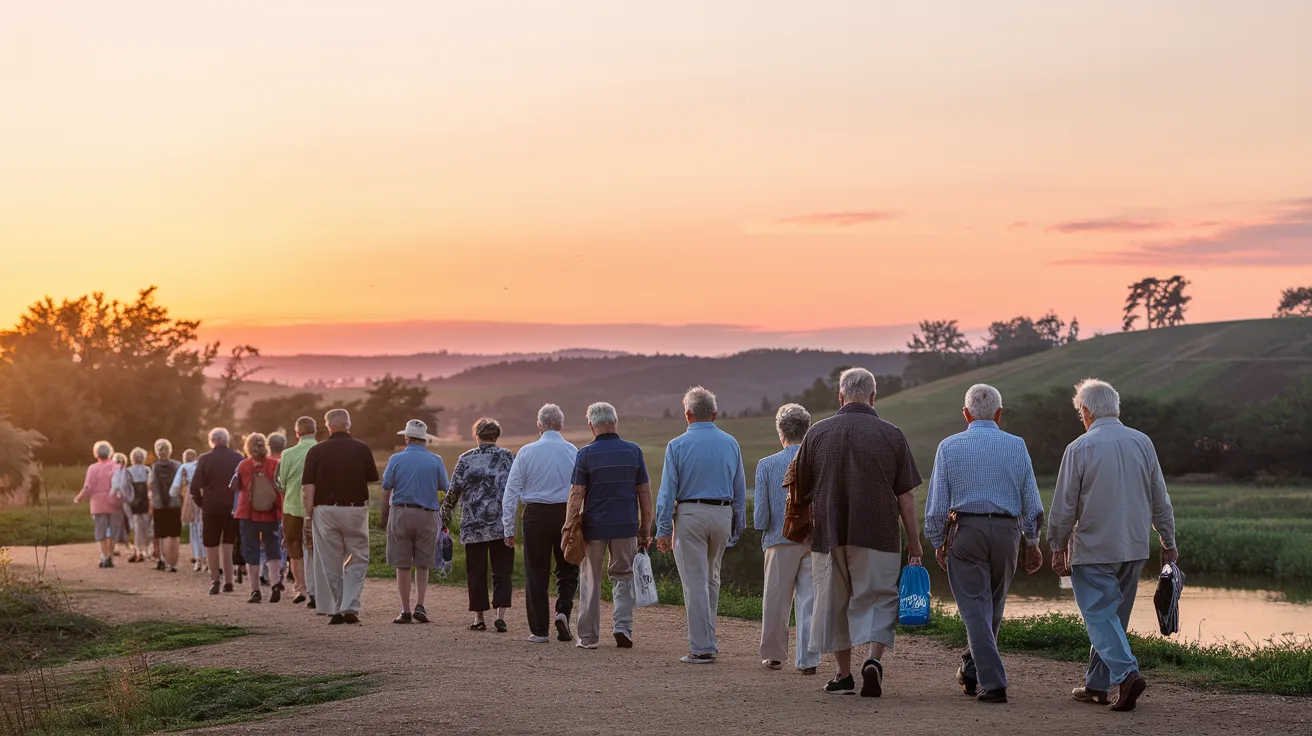Topophilia: Understanding the Heart of Place-based Economic Development
Boosting the economy with local love - no romance required!
Table of Contents
A term of Greek origin, "topophilia," combining "topos" (place) and "philia" (love or affection), refers to the deep-seated emotional bond or profound love that individuals often develop for specific places or environments. This powerful sentiment encapsulates a wide range of emotions such as satisfaction, attachment, fascination, and even nostalgia, all tied to distinct locales.
Listen: Podcast #100: Topophilia in Sacramento with Cameron Law
While the term might initially conjure up images of picturesque landscapes or comfortable settings, topophilia transcends beyond mere aesthetic appreciation. It might represent one's fondness for their childhood home, an affinity for a city where they attended college, or a strong emotional tie to the country of their ancestors.
Originating from the realm of human geography, the concept of topophilia was popularized by the Chinese-American geographer Yi-Fu Tuan. In his seminal 1974 book "Topophilia: A Study of Environmental Perception, Attitudes, and Values", Tuan explores the complex relationships humans share with their environments. He investigates how the emotional connections people forge with places influence their perceptions, attitudes, and values.
Topophilia is not just an academic curiosity; it plays a critical role in understanding our communities and fostering sustainable practices. It is especially relevant to the fields of economic development, urban planning, and community development.
For economic developers, understanding the nuances of topophilia can be an invaluable asset. It can inform how we plan our cities, how we conserve our historical or natural sites, and how we develop our communities. By recognizing and fostering a sense of topophilia in residents, we can ignite community engagement and develop local economies that people truly care about.
Moreover, people's strong affinity for their environment often motivates them to protect and preserve what they cherish, creating a sustainable mindset. This sense of place-based affection can be harnessed in the implementation of eco-friendly practices and the preservation of cultural and natural heritage, which in turn fosters sustainable economic development.
Topophilia, the love of place, is a powerful concept that resonates at the heart of community attachment and economic development. As we understand and embrace this affection towards our environment, we cultivate sustainable communities, rich in cultural heritage and economic prosperity. To foster this, it is essential that economic developers nurture the unique character of their locales, promoting a sense of pride, ownership, and ultimately, topophilia, among residents. By doing so, we are not only shaping spaces but also cultivating thriving places of economic growth and communal unity.
Econ Dev Show Newsletter
Join the newsletter to receive the latest updates in your inbox.

